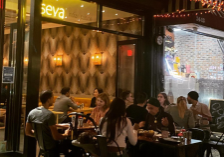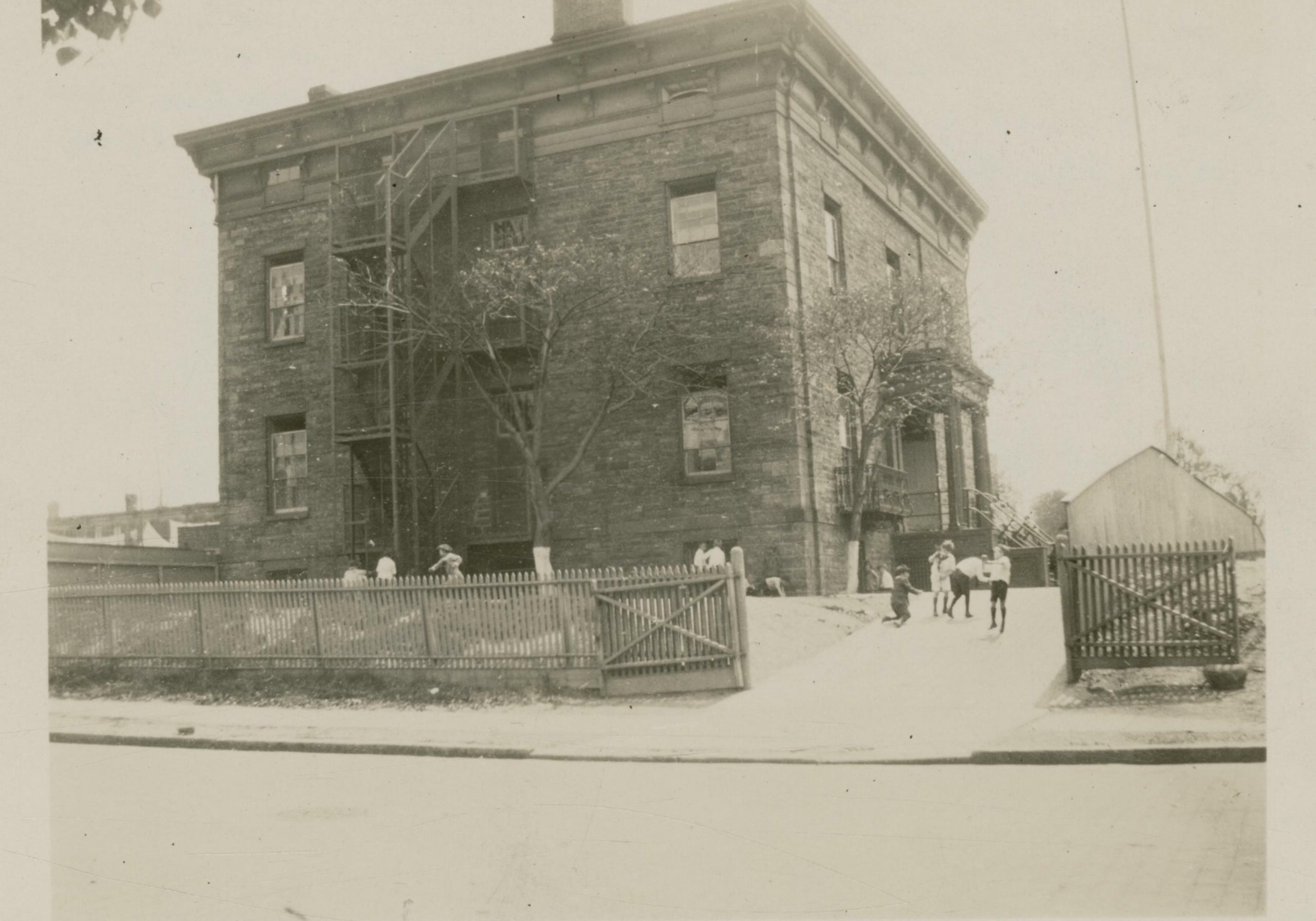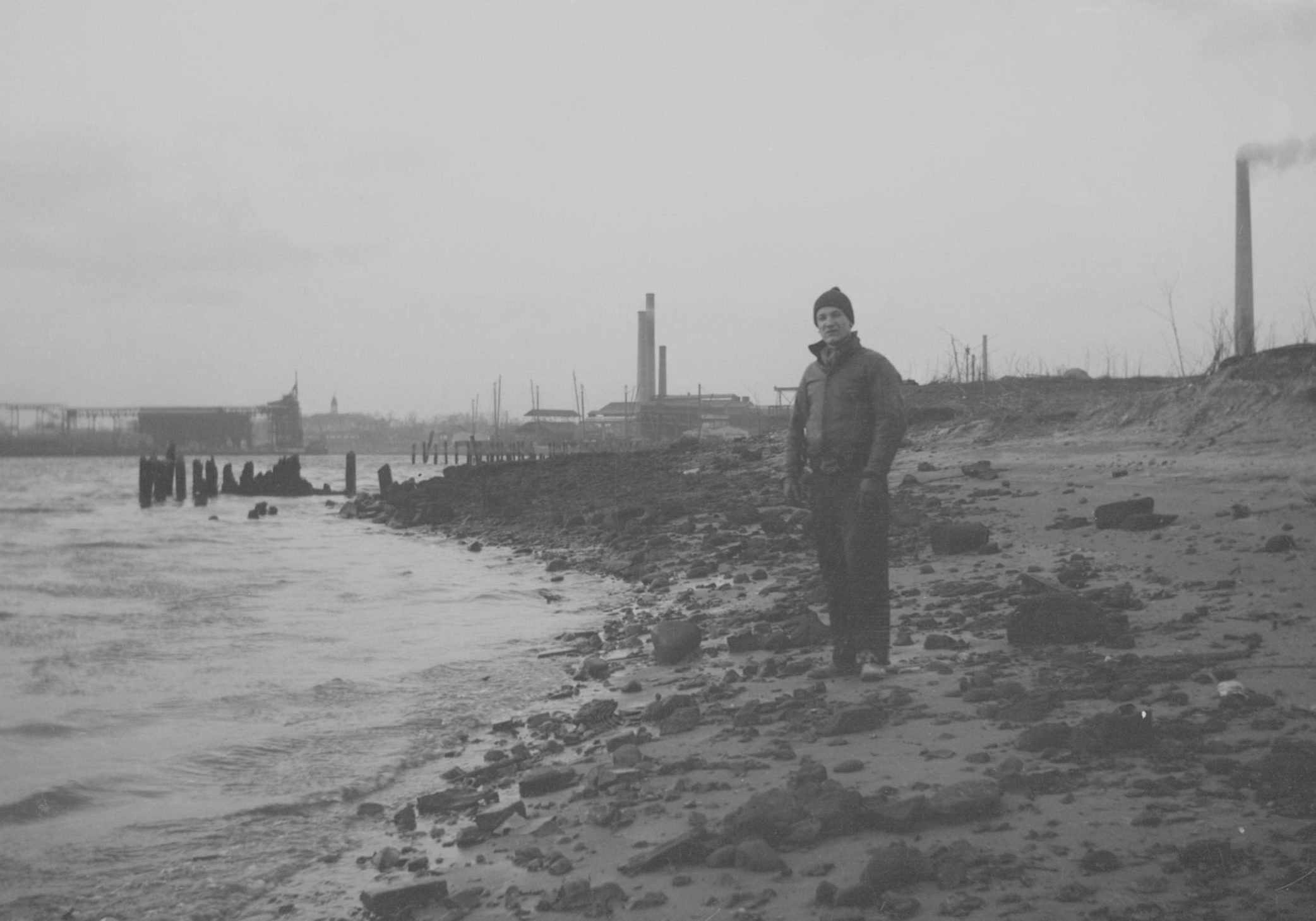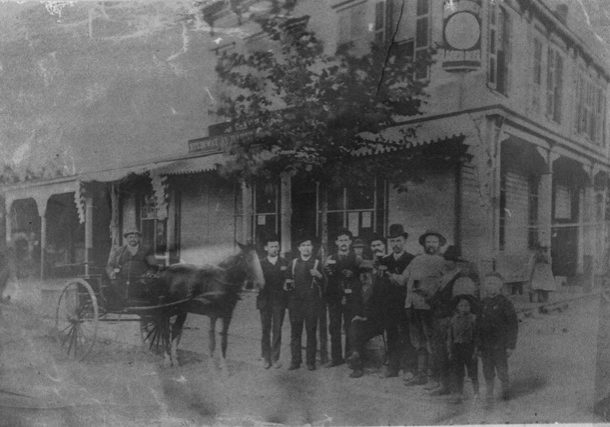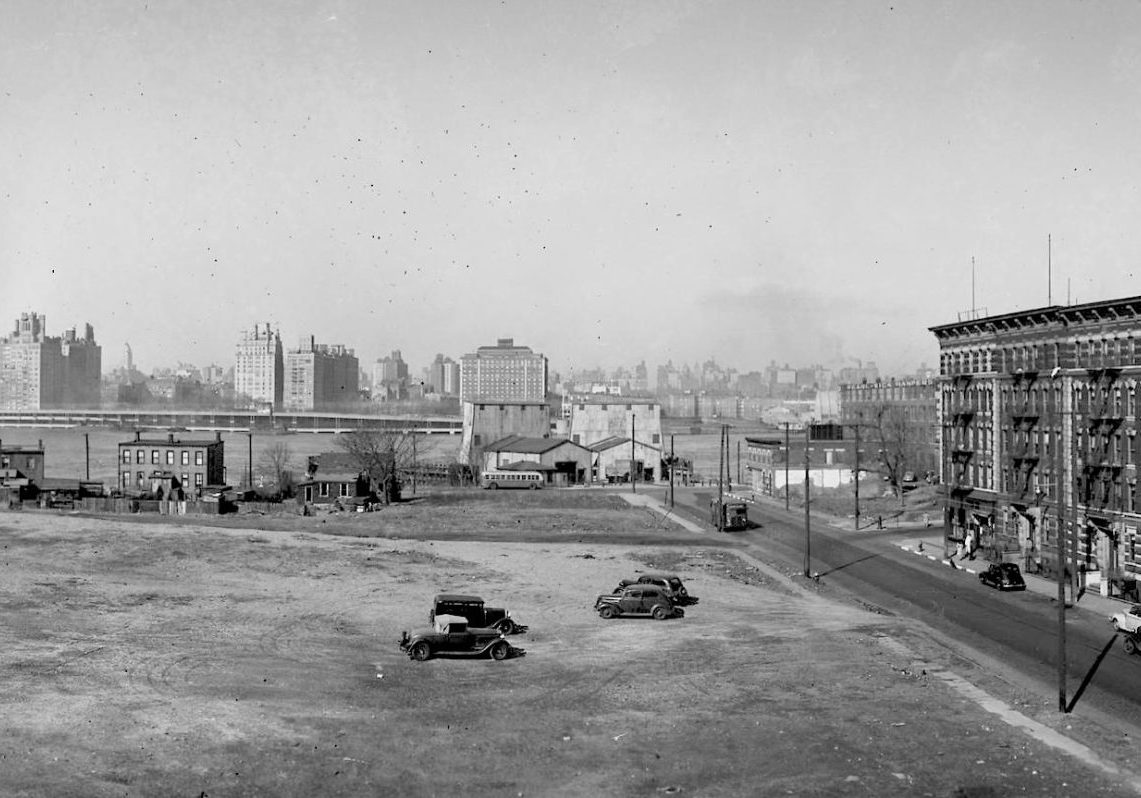The Burnout Generation: Why Some Millennials Are Still Hopeful Despite Their Latest Title
In 2019, Buzzfeed reporter, Ann Helen Peterson, published the article, “How Millennials Became the Burnout Generation.” The piece sparked a larger cultural debate between millennials and other generations, the former arguing why they weren’t in fact burnt out. While some critics and social commentators have continued to question the truth of this sentiment, the fact is, not everyone can fit into this category so easily.
“We’re spoiled, entitled, lazy and failures at what’s come to be known as ‘adulting:’ a word invented by millennials as a catchall for the tasks of self-sufficient existence,” Peterson writes. While Peterson may feel this is true about the bulk of this generation, not everyone feels the same. Although millennials bear the brunt of being called “the burnout generation,” there is a bigger picture to consider.
Ashley Vasquez has started to examine the circumstances of her job and what needs to be addressed in an effort to prevent this burnout reputation from evolving. For Vasquez, who is a 30-year-old social worker, when it comes to being lumped into the larger category of her generation, there are far more complex factors at work. In the time of COVID-19 especially, when many in her profession (and countless others) are being pushed to the brink, there are realities that need to be acknowledged.

“[Being burnt out] is a terrible thing and yes, it implies we push ourselves and get results for our fields of work; however, it is a mindset that cares more about corporations and money than it does people. That doesn’t sit right with me. If it is noticed that we are burnt out and unable to perform at our best capacities, I believe it should be addressed. There are many successful countries that care more about their people and in my opinion, they are doing it right,” says Vasquez.
For Vasquez, we have to look at the larger systemic issues at hand which are enabling these misconceptions to develop. By reevaluating these systems and enacting change, we can hopefully give people access to better quality service overall. “Since our employers won’t protect us to ensure good quality of services, we need to do that for ourselves. We need to stand up and demand that our well-being be taken seriously so that the future of these services can be a positive experience for all,” Vasquez said.
33-year-old artist and educator, Lisa Johnson, is also looking at the current state of the world along with the origin of the burnout generation and shares Vasquez’s desire to fix both: “I think we are seeing a culture shift. It’s unclear right now how big the shift will be and in what direction, but the current problems that we face as a society, as a world and a living planet are far too big to continue to have an independent mindset. We have to start having an interdependent one – recognizing how we are all interconnected and interdependent vs solitary autonomous creatures. We’re social creatures.”
Johnson sees this moment as a chance to create change. Despite many of the larger issues facing society today, ranging from food insecurity, to racial tensions, to gender equality, to student debt, to access to better healthcare including physical, mental and social, Johnson remains hopeful for the future: “We are capable of change. I believe this deeply and profoundly. I have to because I do one day want to be healed from my trauma and I want the world to also heal. I think those wants are worth the work, consideration and time to make them happen.”







